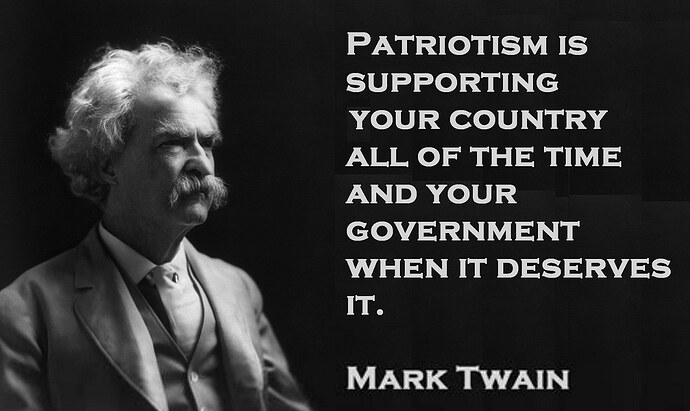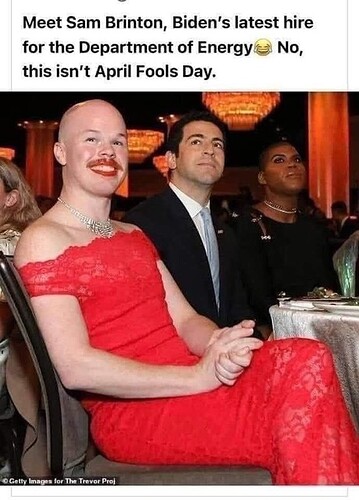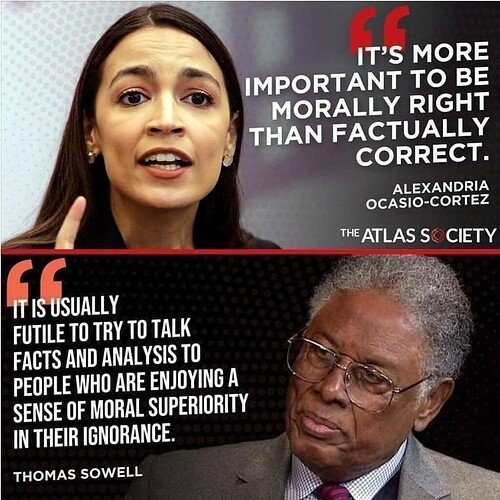I don’t understand what a “meme” is.
I agree with Mark Twain’s definition of patriotism.
As far as I can tell, a meme is the juxtaposition of words and pictures that get a point across very succinctly. Powerline’s “The Week in Pictures” is a good example of them!
Thanks, Liz! Now I’ve got it.
In our online post-literate world, ‘memes’ (in the sense that Liz has defined them, not in Richard Dawkins’ use of the term) are a great weapon.
I’m starting a ‘Meme Farm’ on another site (PatriotAction.US), but I’ll put a few here, in case anyone wants to post them elsewhere.
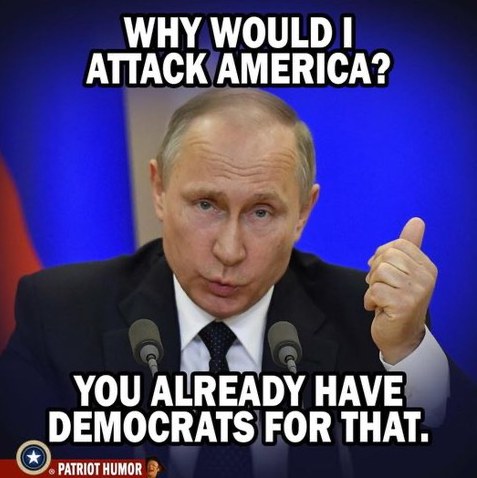
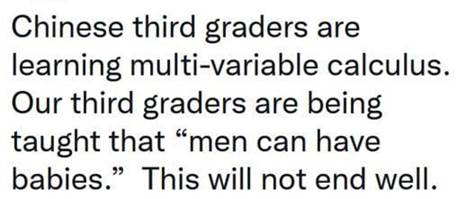
I’ve got many many more. Every online forum where the Left hangs out ought to have a few posted on it. Daily.
What is the difference between Liz’s and Dawkins’s meaning of the word “meme”?
This?
Meme theory (or memetic theory—with an “e”) explains the development of culture through the imitation of things: ideas, behaviors, and styles that are encoded as memes so they can be easily imitated. A meme is the cultural counterpart to a biological gene.
You know…that Wiki thing.
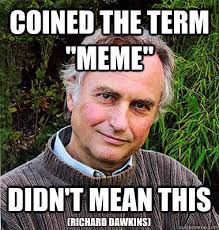
Didn’t mean what?
A picture with words on it. (Not his definition of a meme).
I recall when Dawkins came out with this idea (and the word) – ‘meme’. He meant it as a sort of cultural equivalent of a gene – something that persisted by replication [meme | Etymology, origin and meaning of meme by etymonline].
I didn’t like the idea at the time because it seemed to me the analogy was false. Genes replicate themselves because they give the organism which bears them a competitive advantage over its rivals which do not.
And you could argue that there is a cultural analogy: the society which invents gunpowder will displace the society which did not, as Che Guevara noted with respect to the native inhabitants of the Americas.
But it seemed to me that Dawkins’ ‘memes’ just spread, like a catchy tune. Why should one ‘meme’ catch on, and another die?
By the way, while reading about ‘memes’, I came upon the Wiki bio of Peter Thiel, founder of PayPal. It’s very interesting:

